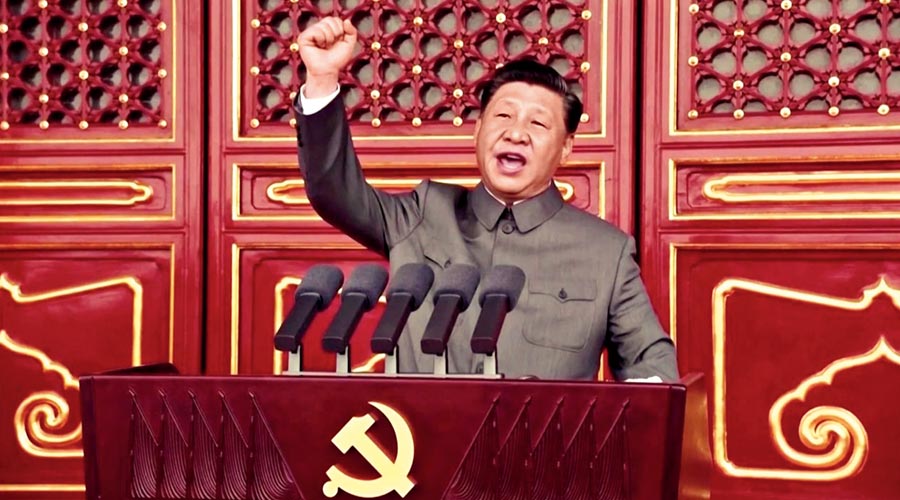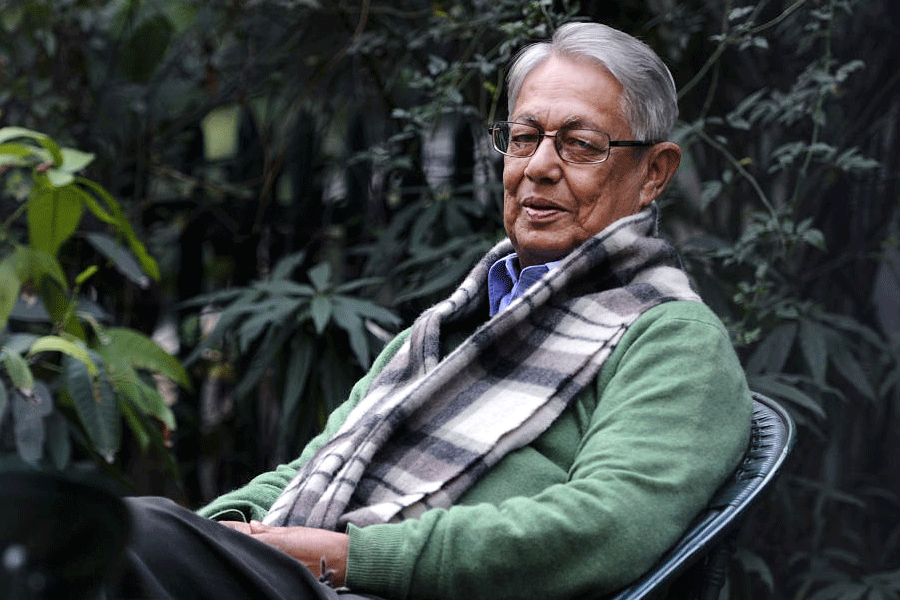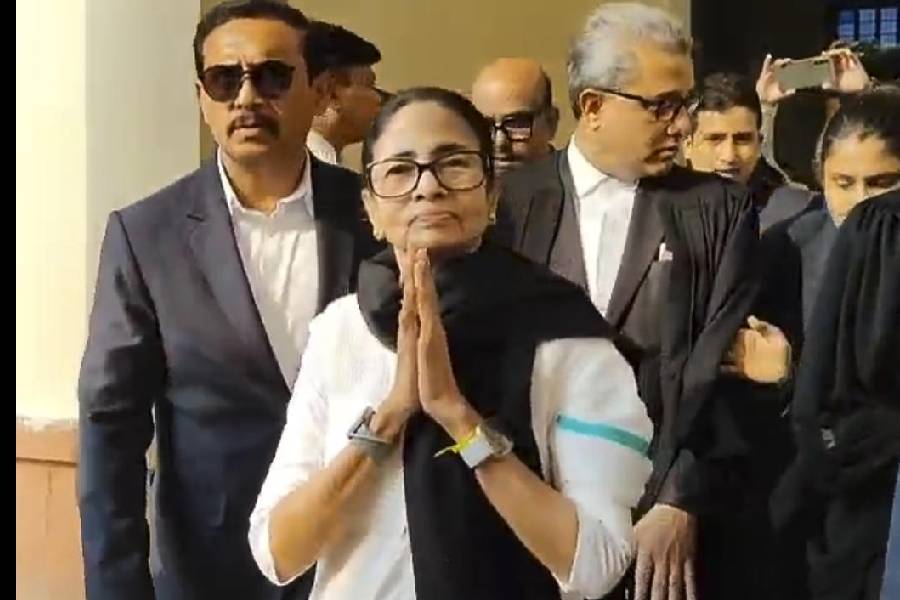Pakistan Prime Minister Imran Khan on Sunday recommended dissolution of the National Assembly before his numbers could be tested on the floor of the House and called for fresh elections, plunging the country into another round of political uncertainty.
President Arif Alvi went by the recommendation and dissolved the House. The country’s Supreme Court will on Monday hear a petition from the Opposition against the move.
Khan’s decision to go to the people a year before a general election is due has taken the wind out of the Opposition’s sails. It has scuttled former Punjab chief minister Shahbaz Sharif’s hope of becoming the next Premier at the head of a coalition that would include parties that have deserted Khan over the past few weeks.
Khan’s party, the Pakistan Tehreek-e-Insaaf, contends that the Supreme Court has no locus standi in the matter, and that the issue falls within the exclusive purview of the legislature. However, the decision to dissolve the legislature was taken by the executive, not the National Assembly.
Before Khan went on national television to announce he had advised the President to dissolve the House and call fresh elections, deputy Speaker Qasim Khan Suri had rejected the no-confidence motion against the Prime Minister as unconstitutional.
Suri was presiding over the proceedings as the Opposition had earlier submitted a no-confidence motion against Speaker Asad Qaiser.
In his national address, Khan repeated his allegation that the Opposition’s move to unseat him had been engineered by a foreign power, purportedly the US, since his government had pursued an independent foreign policy instead of doing Washington’s bidding. The US has denied the allegation.
Khan said he was handing over the decision on Pakistan’s future politics to the people in true democratic spirit so that the country did not fall prey to the machinations of “compromised and corrupt people”.
The Pakistan cabinet secretariat at night issued a notification that following the dissolution of the National Assembly, Khan ceases to be the Prime Minister.
In Pakistan, once the National Assembly is dissolved, the President appoints a caretaker government on the recommendation of the outgoing Prime Minister in consultation with the Opposition.
In the absence of a consensus — as is likely this time — the country’s election commission steps in to recommend a caretaker government. No Prime Minister has completed a full five-year term in Pakistan yet.
By dissolving the National Assembly, Khan has avoided the embarrassment of being publicly defeated on the floor of the House. But his move is also an indication that he has failed to win his coalition members back as he had claimed he would in televised speeches over the past couple of days.
Pakistan People’s Party chairman Bilawal Bhutto Zardari described Khan’s move to avoid the no-confidence motion as a violation of the country’s constitution, urging “all institutions to protect, uphold, defend & implement the constitution of Pakistan”.
He later entered into a direct face-off with the Prime Minister on Twitter, calling his action a “coup”.
Khan had tweeted he was “astonished by reaction of PDM (Pakistan Democratic Movement) to our calling for general elections”, especially since they had been crying themselves hoarse saying his government had lost popular support.
Following this, Bilawal asserted the need to take the constitutional route.
“Your coup attempt will not succeed. Early elections was our demand not yours. No confidence, electoral reforms, early free and fair elections is our long stated goal,” he tweeted.











